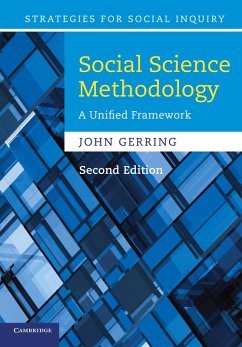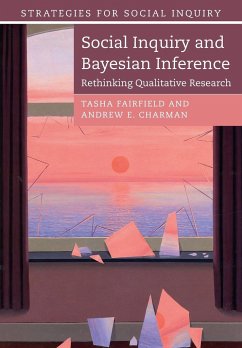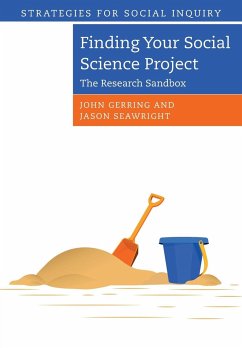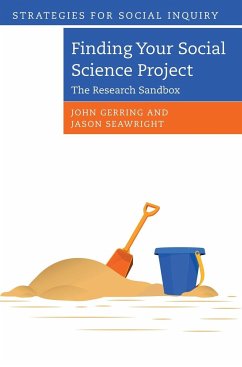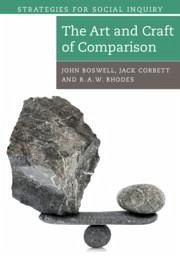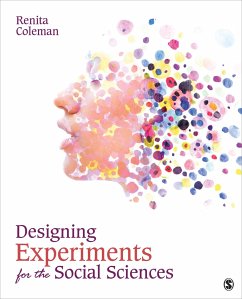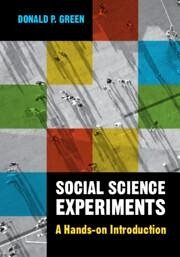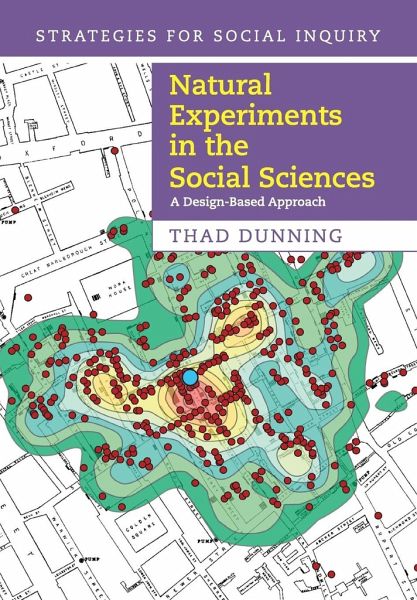
Natural Experiments in the Social Sciences
Versandkostenfrei!
Versandfertig in 1-2 Wochen
45,99 €
inkl. MwSt.

PAYBACK Punkte
23 °P sammeln!
This book provides scholars and students with the first comprehensive guide to the use and evaluation of natural experiments â an increasingly popular methodology in the social sciences. It introduces the key issues in causal inference, including model specification, and emphasizes the importance of strong research design over complex statistical analysis.






